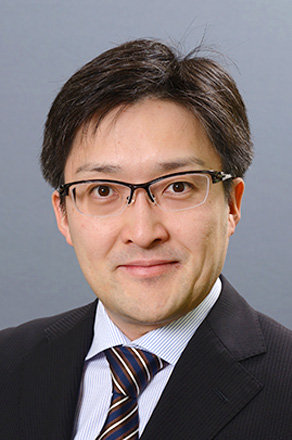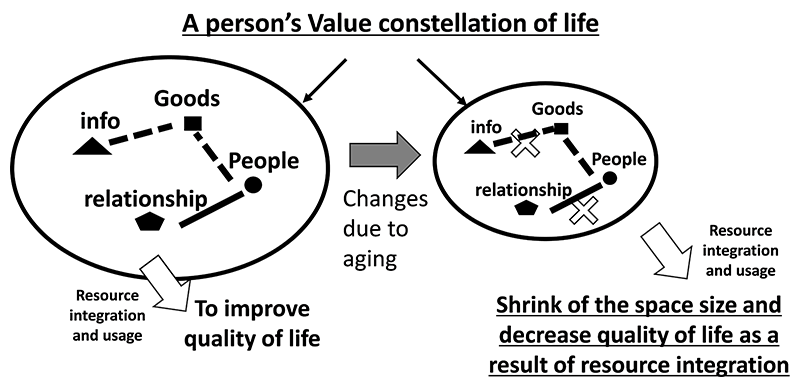
Institutional design for creating a sustainable society under dynamic environments
Laboratory on Management for Sustainability
Professor:SHIRAHADA Kunio
E-mail:
[Research areas]
Service management
[Keywords]
Transformative Service Research, Service marketing, Social value, Future-oriented design approach
Skills and background we are looking for in prospective students
We welcome students who can think and explain with passion about "Why is it a problem?", "Why do you think such a problem will occur?"
What you can expect to learn in this laboratory
Our research focuses on the theme of "wellbeing-oriented service". We identify various wellbeing issues hidden in society, economy, and environment, and consider approaches to improve the situation from a service perspective. In this process, I think you can learn the theories of (i) knowledge management and organizational learning to transform knowledge in the field, (ii) social systems design in terms of marketing, and responsible innovation to promote a harmonious relationship between science and technology and society.
【Job category of graduates】 Systems consulting services, internet services, manufacturing, governmental personnel, academic researchers, etc.
Research outline

Fig.1 Value constellation of life
A matured service economy is now facing the stage of realizing a transformational service economy aiming at social, environmental better condition, and quality of life just rather than pursuit of economic efficiency.
Transformative Service Research (TSR) (Anderson et al., 2013) has been proposed as a domain of comprehensive service research including reflection on maturity of service economy. The TSR is focusing on Well-being for human beings. The main purpose is to (re)capture well-being through service activities.
TSR is defined as centers on creating uplifting changes and improvements in the well-being of individuals, communities, and ecosystems. I have proposed the following TSR specific analysis unit in Anderson et al.(2013)
(i) Service Provider: Service sector, specific organization, personal service provider, etc.
(ii) Consumer: individuals and groups as human beings, as well as ecosystems (eg Shirahada & Fisk (2011)).
They have various actors and practice interaction.
(iii) Macro environment: policies, culture, technology, economic environment, etc. affecting services and consumers.
(iv) Output: human Well-being related outputs such as accessibility as a service, reduction of vulnerability,
wellness, happiness, quality of life, maintenance of fairness, reduction of disparity
Generally, people, goods, information, and relationships exist as resources in the context of living spaces in society. We consciously and unconsciously integrate such resources on the basis of our own values and lifestyles to create value. Therefore, it can be said that people have a space for resources. This space can be called the “value constellation of life”, as shown in Fig.1, by employing the concept of value constellation in service design studies. This is our another unit of analysis.
Key publications
- Bocken, N. and Shirahada, K. (2025), “Circular business models in Japan: Analysis of circular business transformation through an institutional approach”, Sustain Prod Consum., DOI:10.1016/j.spc.2025.01.015
- Shirahada, K. and Zhang, Y. (2021) “Counterproductive Knowledge Behavior in Volunteer Work: Perspectives from the Theory of Planned Behavior and Well-Being Theory”, J. Knowledge Management, DOI: 10.1108/JKM-08-2021-0612
- Shirahada K, and Wilson A. (2022) “Well-being creation by senior volunteers in a service provider context”, J Serv Theory Pract., DOI:10.1108/JSTP-07-2022-0137
Teaching policy
We do seminars every week. At the seminar, students are required to discuss any research topics even if those are not related to your own research. In addition, I recommend students to go outside the laboratory and to exchange ideas with variety of people.
[Website] URL:https://www.shirahada-lab.info/